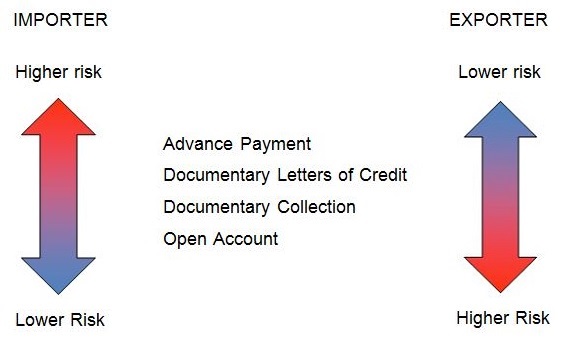New to export? You’ve come to the right place
Benefiting from overseas trade is within the ability of any reasonably successful, well-managed business that has created a domestic market and has a realistic proposition for international sales.
It can be intimidating and time-consuming to explore new overseas markets. We have the tools and expertise to help you. Start by reading our 7 point export strategy below:
1. Draft your action plan
Know where you are going, how you’ll get there, what it will cost you, and what profit you can make.
Look for your competitors: Who are they? Where do they sell? Where are they successful?
Top tip: Draw up a realistic export budget and regularly review it.
2. Selecting export markets
- Consider which markets want your products?
- Do they speak English?
- Is it easy to get your goods to them?
- Are there any prohibitive import duties or sales taxes payable on your product in the markets you’ve selected?
- Will you get paid easily?
Top tip: Use useful online research tools such as the European Commission’s Market Access Database for early desk research and see our guide.
3. Find customers and routes to market
There are many ways to look for overseas opportunities without leaving your desk. Here a few links to help you:
You may be able to supply overseas customers directly from the UK. Or, you might have to establish a local presence; whether that’s through an agent, distributor, reseller partner or your own people. What is right for you will depend on what you are selling and the size of the market.
4. Make sure you get paid
The excitement of winning new export orders can sometimes detract from the risk of not getting paid. See the chart below to understand the range of payment methods used in international trade and the level of risk associated with each term.
The risk ladder

5. Consider cultural differences
Avoid falling foul of cultural protocols and carefully research laws, specifications and standards that apply to your product - i.e. which countries can you sell to without having to make expensive modifications to your products?
Top tip: We can check the country requirements that relate to your products through our partnership with Intertek Group plc; a multinational inspection, product testing and certification company headquartered in London.
6. Visit the market
Sooner or later you’ll need to visit the market to meet your prospective agents, distributors and customers; and to mix with the society you are selling to. There may be subsidised organised visits or exhibitions in your target market to enable you to visit at a lower cost.
Top tip: UK Trade & Investment (UKTI), the government department responsible for trade and investment, organise subsidised market visits. Speak to your local office.
7. Shipping your goods
Freight forwarders are often seen like travel agents for international trade. Choose a good one and you can save time and money.
Top tip: Shop around and ask for references.
Don’t be daunted. Exporting is hardly a new activity. It is just another business discipline, which by accessing the valuable help available, is well within the capability of any well-managed UK business.




